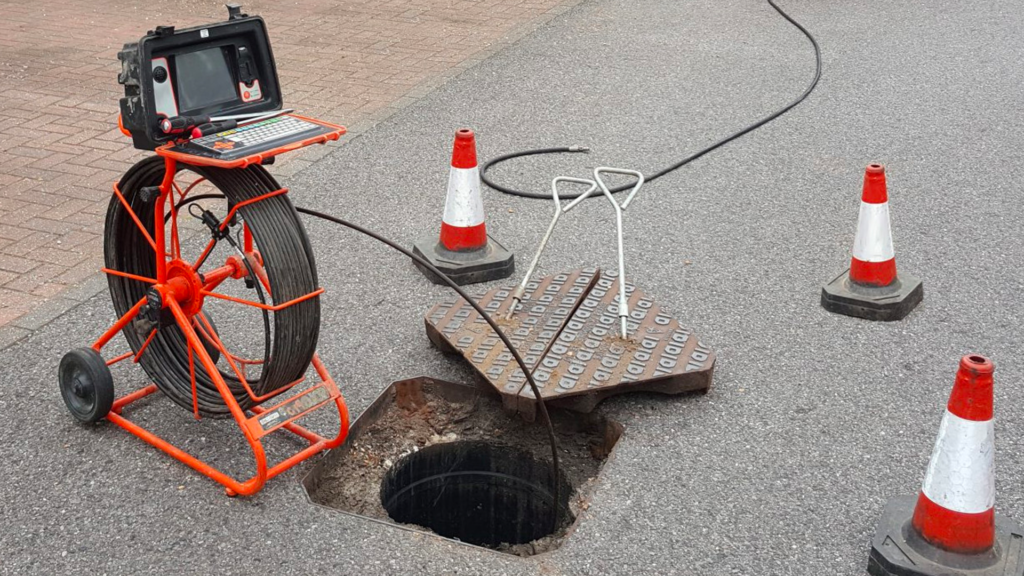Reclaim Waste Things To Know Before You Get This
Reclaim Waste Things To Know Before You Get This
Blog Article
All about Reclaim Waste
Table of ContentsReclaim Waste - An OverviewWhat Does Reclaim Waste Mean?Reclaim Waste Things To Know Before You Buy9 Simple Techniques For Reclaim WasteReclaim Waste Can Be Fun For Anyone
Check out the kinds, incidents, and kinds of fluid waste. Domestic sewage waste describes the waste and items from a property septic storage tank. This kind of waste is created by human beings in homes, institutions, and other structures. This only consists of septic systems that have a drainpipe area. The correct administration and disposal of residential sewage waste require liquid waste to be moved to a sewer treatment plant where the appropriate techniques and equipment are applied to purify and get rid of waste.
Industrial waste usually consists of possible hazards, such as flammable materials or a mix of liquid and strong waste products, and calls for an advanced and thorough disposal process. The disposal of commercial waste generally involves the purification of waste prior to transport to make sure secure and correct disposal. Industrial waste is developed from results and overflow of commercial procedures and production.
This kind of waste can not utilize the same sewage administration transport or procedures as septic or business liquids. The commercial waste monitoring process calls for the inspection and screening of fluid waste prior to it goes through the disposal process (liquid waste removal melbourne). Overflow waste is the fluid waste that originates from runoff and excess stormwater in very booming locations or cities
Drainage waste can trigger contamination and flooding otherwise handled effectively. Learn more regarding sewer cleaning and waste monitoring. Guaranteeing correct waste administration can prevent calamities and minimize ecological injury. Both individuals in property settings and professionals in commercial or manufacturing markets can take advantage of comprehending the procedures and policies of fluid waste monitoring.
All about Reclaim Waste
Contact PROS Providers today to discover our waste management and disposal solutions and the appropriate methods to take care of the fluid waste you generate.
(https://www.goodreads.com/user/show/183557660-leon-aube)Do you understand what takes place to your water when you disengage, purge the bathroom or drain pipes the cleaning equipment? No? Well, it's worth knowing. This supposed 'wastewater' is not only a vital source yet, after therapy, will be released to our land, rivers or the ocean. Utilized water from commodes, showers, bathrooms, kitchen area sinks, laundries and industrial processes is understood as wastewater.

water used to cool down machinery or tidy plant and tools). Stormwater, a kind of wastewater, is runoff that flows from agricultural and city locations such as roofing systems, parks, gardens, roads, courses and rain gutters into stormwater drains pipes, after rain. Stormwater streams untreated straight to local creeks or rivers, ultimately reaching the sea.
Reclaim Waste Things To Know Before You Get This
In Queensland, many wastewater is dealt with at sewer treatment plants. Wastewater is delivered from residential or commercial websites via a system of drains and pump terminals, referred to as sewage reticulation, to a sewage treatment plant. Local governments build, maintain and operate most sewer treatment plants. Operators are licensed under the Environmental Management Act 1994 to release treated wastewater at an appropriate environmental standard right into rivers.
The Department of Natural Resources encourages local governments regarding managing, operating and keeping sewerage systems and therapy plants. In unsewered locations, local federal governments might need householders to install private or home sewer therapy systems to treat domestic wastewater from commodes, read the article kitchens, bathrooms and laundries. The Department of Natural Resources authorises making use of family systems when they are proven to be efficient.
In some new class, treatment of some stormwater to remove clutter, sand and crushed rock has begun utilizing gross toxin traps. Wastewater therapy happens in 4 stages: Gets rid of solid matter.
Wastewater after that flows right into huge tanks where solids work out and are removed as sludge. Grease and residue are skimmed from the surface area. Uses tiny living organisms referred to as micro-organisms to break down and get rid of staying liquified wastes and fine bits. Micro-organisms and wastes are integrated in the sludge. Gets rid of nitrogen and phosphorus nutrients that could trigger algal flowers in our waterways and threaten marine life.
Some Ideas on Reclaim Waste You Should Know
Nutrient elimination is not offered at all sewer therapy plants because it requires costly specialist tools. Clear liquid effluent generated after treatment might still consist of disease-causing micro-organisms - liquid waste removal melbourne.

The majority of wastewater moves right into the sewerage system. Under the Act, local governments carry out authorizations and permits for ecologically appropriate tasks (Periods) entailing wastewater releases that might have a neighborhood impact.
Getting My Reclaim Waste To Work
Or else, samples are taken for lab analysis. Commonly many examinations are required to establish the degrees of each of the different toxins such as oils, hefty metals and pesticides in water. Tracking provides valid information regarding water top quality and can confirm that permit problems are being met. The info acquired with monitoring gives the basis for making water quality decisions.
Report this page